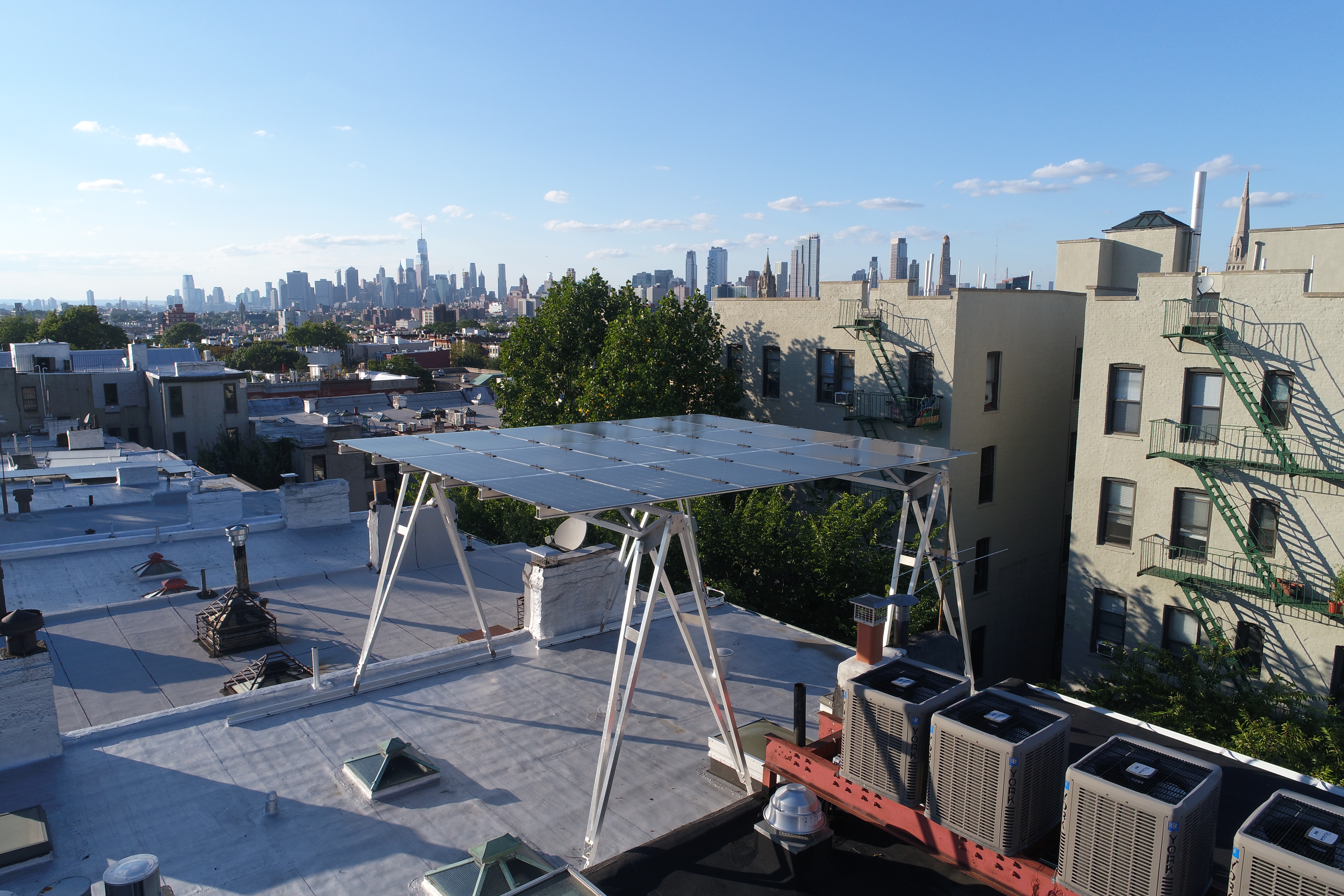George Bush Wants My Family to be Homeless
We have to admit we’ve been trying our best to block out the news over recent weeks of President Bush’s proposal to do away with the home mortgage deduction–we get a pit in our stomach whenever we think about it. Like many recent purchasers of homes in hot coastal markets (which, by no coincidence are…
We have to admit we’ve been trying our best to block out the news over recent weeks of President Bush’s proposal to do away with the home mortgage deduction–we get a pit in our stomach whenever we think about it. Like many recent purchasers of homes in hot coastal markets (which, by no coincidence are teeming with Liberals), elimination of this tax break would have a fairly drastic effect on our ability to stay in our home.
The pundits are talking about how such a change would bring home values down by 10-20%, but we think they are only taking into consideration the change in demand; in markets like New York, where many people have stretched over recent years to buy a home, the result could be much more dramatic on the supply side, as thousands of families could find themselves in the position of being forced sellers. The definitions of “rich” used to set the minimum hurdle rates for the small deductible portion of a mortgage that would remain are woefully out-of-whack with reality in cities like New York where most people spending $1 million on a home are far from wealthy. The larger impact on the economy–from a decline in real estate tax revenue to population decline–could be devastating under that scenario.
Let’s say someone earning $180,000 a year ($15,000 a month pre-tax, maybe $9,000 a month after) purchased a house at some point in the last few years for $1,250,000, putting down $250,000 and taking a $1 million mortgage. Let’s also say she’d gotten a 6%, 30-year mortgage, making her monthly payment roughly $6,000. For the sake of simplicity, let’s say taxes and maintenance, etc., add up to another $1,000.) Under current rules, her after-tax housing expense would be more like $5,000 than $7,000; the proportions get even more extreme if she has some rental income–maybe $3,500 versus $5,500. The difference in what’s left over to pay for groceries, utilities, tuitions, etc. is $5,500 versus $3,500–huge when you’re talking about a family of 4 or 5.
Now, we don’t think there’s any defensible intellectual reason that home ownership should enjoy the privileged status it does in our tax code, but to change the rules of the game at this point when millions of people have made the largest financial decision of their lives based on one set of ground rules would be a bait-and-switch of monster proportions. Some experts say the chances of these changes getting through are low, but, in the meantime, we’re going to have to go back to living in denial. The alternative is too much of a downer.
Goodbye, My Sweet Deduction [NY Times]





Sounds smart to me.
Totally true Brownstoner — not only do the most exclusive co-ops in NY allow 0% financing (meaning all-cash purchases), but they also require the buyers to have up to 100% of the purchase price in liquid assets after the sale.
The very rich tend to own their houses outright anyway, either by choice or because the co-op board requires very high percentages down.
To Anon 10:46, I think the reason rental income is calculated like that is because you can also deduct non-cash expenses like depreciation on rental property, meaning that your income isn’t increasing by that at all (in fact, the artifical loss on rental property will actually decrease your income, saving you even more taxes). Maybe the government needs to look into the tax deductibility (or actually deferral, I know) of depreciation. Oh, but wait, that would affect big business too — my bad.
Yes, probably would be ‘hit’ by AMT. Which is not necessarily bad thing – at least put a limit on amount of deductions someone could take advantage of. Now with all that complaining about AMT – take a look at panels recommendations. Take away your deductions and voila – won’t be affected by AMT any more (so then we can eliminate anyway and tell you that helps make tax code simpler).
Careful what you wish for.
All in all – last ‘reform’ screwed the poor and middle class at benefit to the rich and this one would screw the affluent-middle and upper-middle (who didn’t resist the last round very much) for benefit of the rich (meaning those that get their wealth from dividends/capital gains et al.)
wouldn’t this family be hit with the AMT this year and not be able to deduct all that interest anyway? isn’t that what all my friends are complaining about?
I’ve never gotten the “$1500 a month in rental income pays for $250,000 of the mortgage…” thing. All it does is increase your income by 18k a year. You assume that that space has no cost to you except the mortgage, but that is never true in my experience.
although the report only offers recommendations, it *should* impact market prices. an informed buyer will know that tax code reform on the horizon will negatively impact the market, and hence, will factor the pending changes into any purchasing decision. how much a person should discount a purchase because of the proposed tax code changes is open to debate, as no one really knows how things will play out, but given an initial report of this severity, one would think that the ultimate tax code reform will end up being a tough pill to swallow. further, the whole uncertainty of this proposal can’t help the market. of course, this all assumes that people are rational and make informed decisions, which is more or less out the window when it comes to real estate these days.
assuming you always have a decent tenant (don’t ask about mine, 26 months of no rent and counting)…